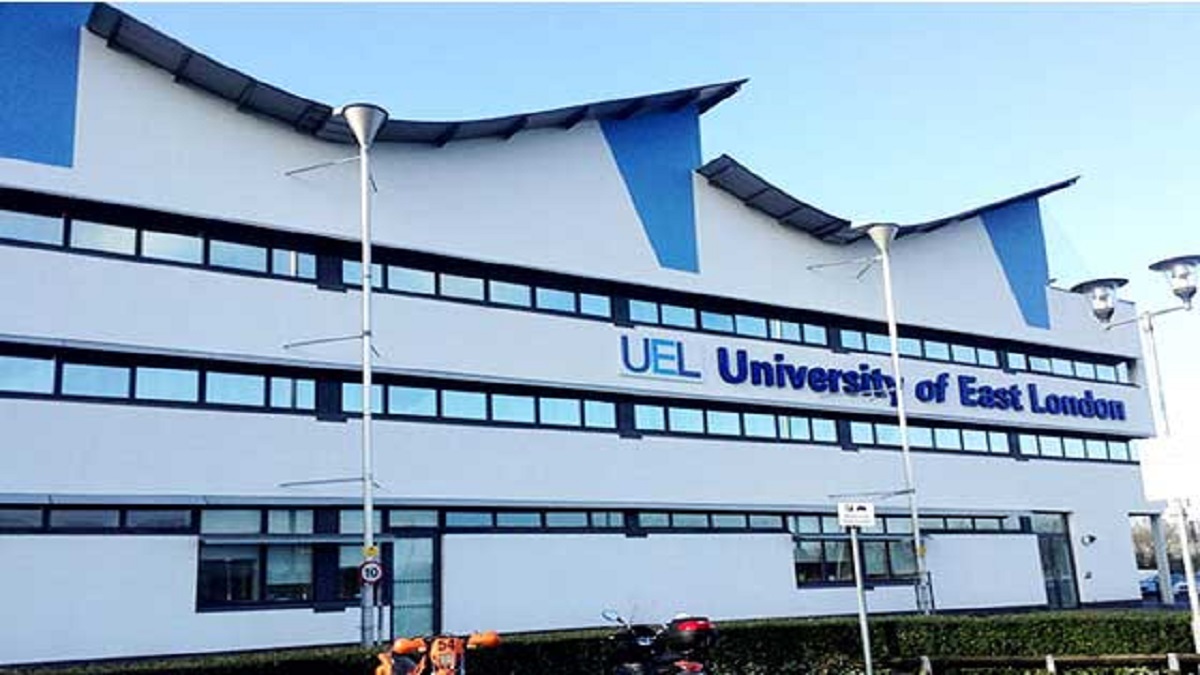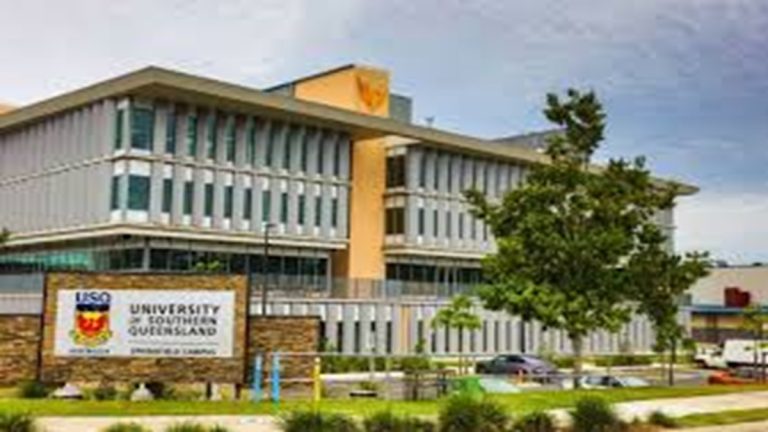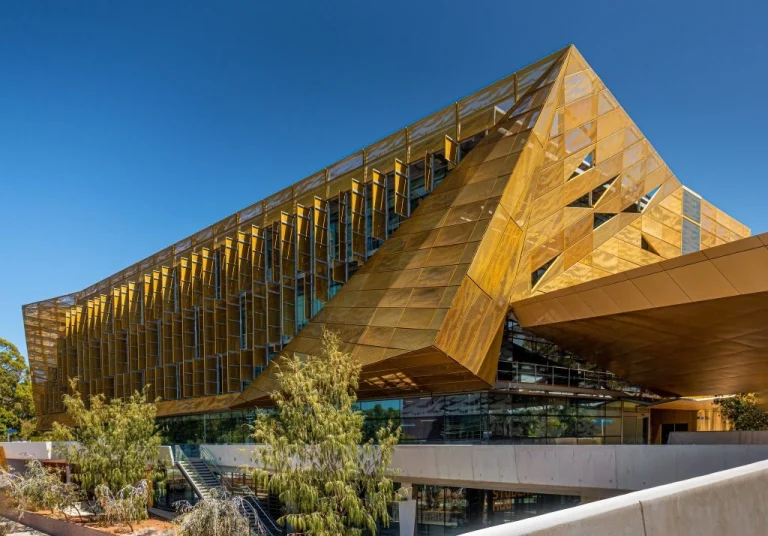
University of East London in United Kingdom invites application for vacant Academic and Research Positions, a public university located in the London Borough of Newham, London, England.
Academic
Lecturer/Senior Lecturer in Clinical Education
Salary: Lecturer starting from £44,577 per annum, pro rata, inclusive of London Weighting
Lecturer/Senior Lecturer in Psychology (Psychobiology)
Salary: starting from £44,577 per annum inclusive of London Weighting
Management Academic
Associate Dean, Education & Experience
Associate Dean for Impact & Innovation
Salary: £70,913 to £88,699 per annum inclusive of London Weighting
Lecturer/Senior Lecturer in Occupational Therapy
Salary: Lecturer starting from £44,577 per annum, pro rata, inclusive of London Weighting
Management Support – UELPS Ltd
Marketing Campaign Executive (Owned Media)
Salary: £38,022 to £43,403 per annum inclusive of London Weighting
Support – UELPS Ltd
Account Manager (Academic Partnerships) – APO
Salary: £38,022 to £43,403 per annum inclusive of London Weighting
Strategic Academic Partnerships Manager (SAPM)
Salary: £44,577 to £49,641 per annum inclusive of London Weighting
Library and Digital Technology Assistant
Salary: From £29,798 per annum inclusive of London Weighting



